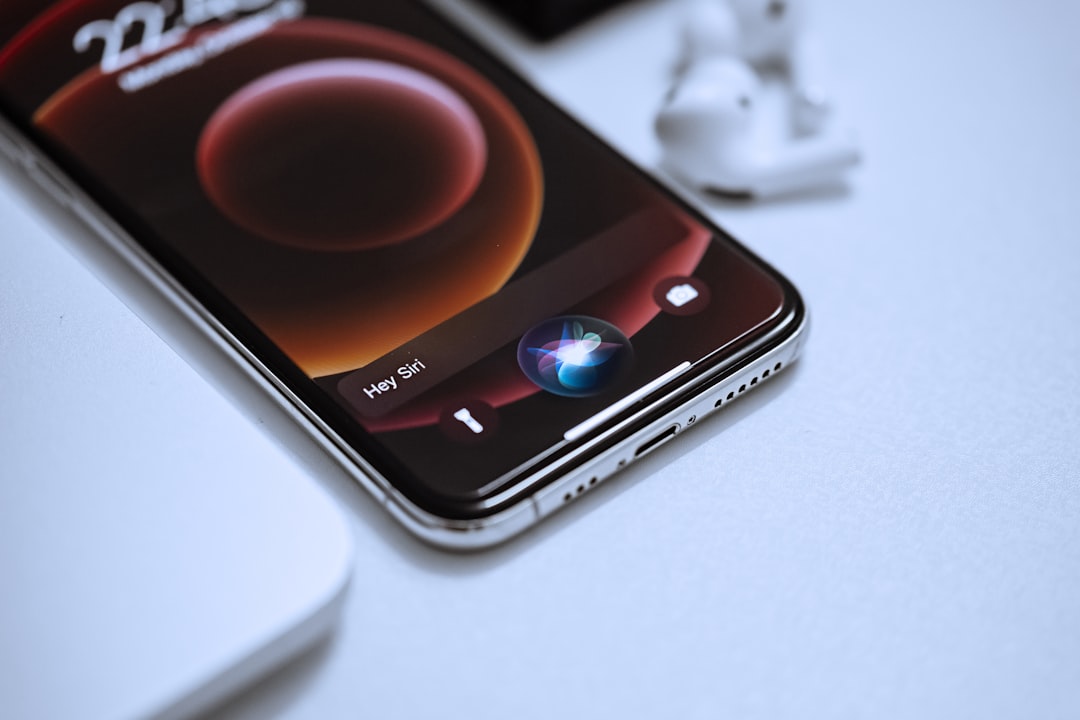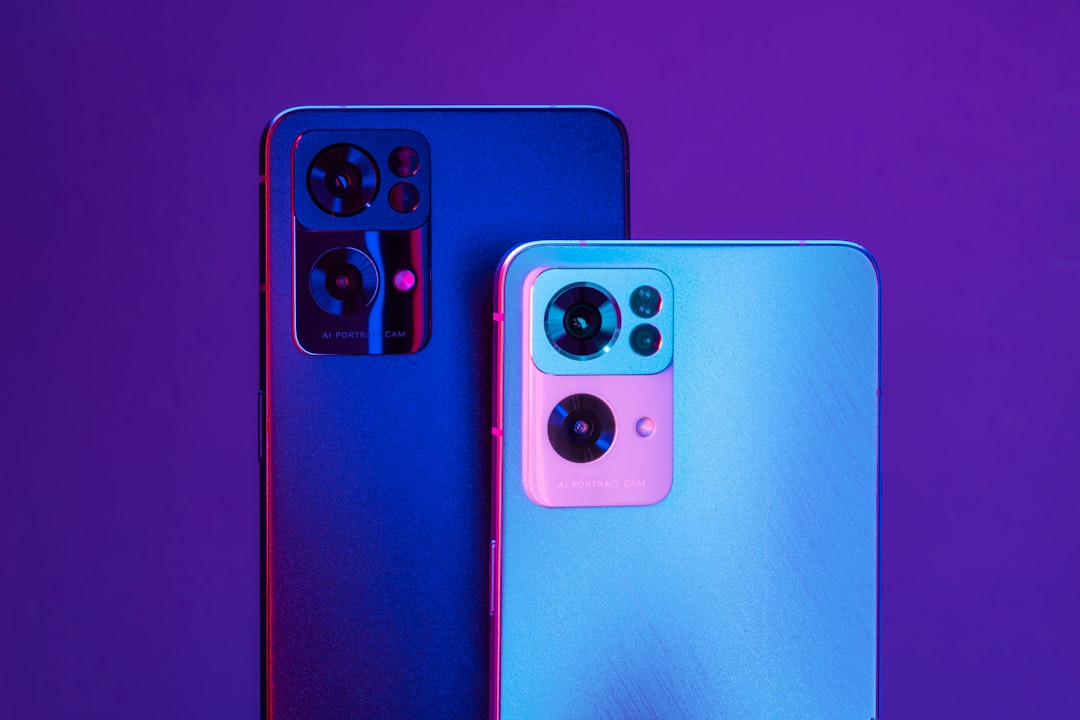Floridians facing robocall harassment have legal protections through the TCPA and can consult robocall lawyers Florida to seek damages, block calls, and protect against repeat offenders. Apps like TrueCall and Hiya use AI to identify and block unwanted calls, empowering users to combat malicious robocall lawyers Florida. Consulting with specialists ensures privacy protection and respects consumer rights.
In Florida, as across the nation, robocalls have become a prevalent nuisance. These automated phone calls, often illegal, can harbor malicious intent, from fraud to identity theft. Understanding the legal implications of robocalls in Florida and employing robust tools for defense is crucial for residents’ safety and privacy protection. This article explores top apps designed to identify and block robocalls, alongside guiding Floridians on their legal rights and privacy protections against these intrusive calls, with an emphasis on leveraging robocall Lawyers Florida expertise when necessary.
Understanding Robocalls and Their Legal Implications in Florida

Robocalls, automated phone calls that deliver pre-recorded marketing messages, have become a ubiquitous and often unwanted part of daily life in Florida and across the nation. While many robocalls are for legitimate purposes like survey invitations or promotional offers, some can be fraudulent or harassing. In Florida, these calls are regulated by state laws designed to protect consumers from unsolicited phone marketing. The Telephone Consumer Protection Act (TCPA) prohibits automated calls to mobile phones without prior express consent, and Florida’s own telesale laws further restrict robocalls for certain goods and services.
The legal implications of violating these regulations can be significant for businesses and individuals alike. Robocall Lawyers in Florida are well-versed in navigating these complex laws to help consumers who have suffered damage from unwanted or fraudulent robocalls. Such lawyers provide guidance on pursuing legal action, which may include seeking damages for each violation, blocking future calls, and even securing court orders against repeat offenders. Understanding the rights and protections offered by state and federal law is crucial for Floridians facing an onslaught of robocalls.
Top Apps to Identify and Block Robocalls Effectively

In today’s digital era, robocalls have become a pervasive nuisance, with unscrupulous callers targeting Florida residents, often posing as legal professionals. Luckily, top-rated apps are now available to effectively identify and block these unwanted intrusions. One popular choice is TrueCall, which utilizes advanced AI algorithms to detect and filter out robocalls in real time. The app offers a robust blocking system and provides users with detailed call information, including the caller’s ID and location.
Another powerful tool is Hiya, designed to protect users from not only robocalls but also spam texts. This app analyzes calls based on a vast global database of known scammer numbers. Users can receive instant alerts about potential threats, allowing them to take immediate action. Moreover, Hiya enables users to report suspicious calls, contributing to the ongoing fight against malicious robocallers targeting robocall Lawyers Florida.
Protecting Your Privacy: Legal Rights and Tools for Floridians

In Florida, as in many states across the nation, consumers have legal rights and resources available to protect their privacy from unwanted robocalls. According to the Telephone Consumer Protection Act (TCPA), it’s illegal for companies to make automated phone calls to individuals without their prior consent. If you’re experiencing a barrage of robocalls, knowing your rights is the first step towards reclaiming your peace of mind.
If you’ve been affected by persistent or unlawful robocalls, consulting with a robocall lawyer in Florida can provide guidance and legal recourse. These attorneys specialize in navigating the complexities of TCPA regulations to help clients stop unwanted calls and seek compensation for any harm caused. Protecting your privacy is not just about blocking numbers; it’s about ensuring your rights are respected and maintaining control over your personal information.






